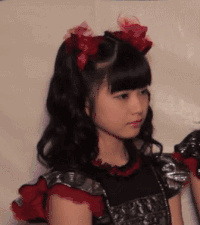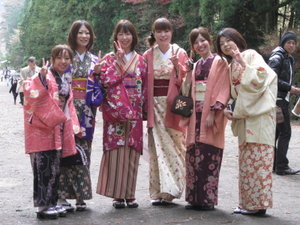

For the same reason the Chinese dictionary contains traditional and simplified Chinese terms on one side and Pinyin and English terms on the other. There are two Japanese-English (and Japanese-French) dictionaries and one contains Kanji and Kana (Kana in English and French pair due to improved searching). Look at the complete list of languages: Available language pairs The most common way is by word input (you must know which language the word is in) but you can also use your browser's search box and bookmarklets (or favelets). There are several ways to use this dictionary. Total number of translations (in millions): 15.3

Please help us improve this site by translating its interface. Kenny: Watashi no namae wa Kenī desu, *anata wa? * I am alittle confused, I am trying to figure out how Anata wa? is posed as a question without the Ka?.Esperanto is only partially translated. Kenny: Kochira koso yoroshiku onegai shimasu. Is the the context of the statement that is able to define it as a question? The two bold lines are what I am refereing too. I have only been at this for about a day and a Half so far and this is throwing me for a bit of a loop. From what I gather so far the ending with "ka" denotes a question. So how does the ending with "wa" specify it as a question? Thank you! And "wa" is to signify the topic, and one that both speakers would be familiar with or previously was previously mentioned, as opposed to using "ga" with would be for a subject and one that is within a larger topic or not previously mentioned. :D What an excellent question and a very important one as well. You are correct that the particle KA at the end of a sentence asks a question. So, the phrase *Anata wa * is either incorrect, or missing some words and of course the *KA* if it is a question. The answer is that in this context, it is incomplete. Kenny: Watashi no namae wa Kenī desu, *anata wa?* I'd like to introduce to you the Japanese way of speaking which is - dropping all understood words between the speaker and the listener. *_Iku?_* - which literally translates to _*"Go?"*_ but may ask the questions "Are you going?" You will often hear Japanese people speak with sentences that consists of just an action word, such as: So, the complete version would be something like: In the example above, *Anata wa?* - _*"Yours is?"*_ has dropped the words _*"what"*_ and *_"name"*_ - that's *namae* and *nan desu ka?* Just as you do in English - _*yours is?*_ without any intonation at the end is simply stating a fact - like "yours is the big one" however, when it is said with a rising intonation _*yours IS?*_ - then it is clearly asking a question. I hope this helped to clarify the confusion.“Suteki" is a word that often appears in Japanese conversations. If a Japanese tells you something like the above, you should be pleased. In writing “suteki" in kanji, it is “素敵", and the word “敵" means “enemy". “Suteki" means “attractive", “good-looking", “handsome", “wonderful", “great", “nice", “splendid", “glorious" and so on. Then, the meanings of the above examples are as follows.

I like you very much as you are so wonderful. More example sentences with “suteki"Įxample sentences using “suteki" are as follows. This word can be used in both casual and business situations. Konya no kanojo pafo-mansu wa totemo suteki da. Kare no sakuhin wa dore mo subarashii desu. The origin of “suteki" seems to have various theories.Īccording to the dominant theory, it began to be used as a buzzword in the late Edo period. The term was used by the common people and had the meaning of “very", “recklessly", “extremely" and “extraordinary". Nowadays, “suteki" is used in the sense of “attractive" or “marvelous", but originally it was not always used in a good meaning. Originally it was described as “すてき(suteki)" in Hiragana, but in the Meiji era, the word “素的(suteki)" started to be used, and the meaning gradually changed to the one used today.Īs mentioned above, the “敵(teki)” of “素敵(suteki)” used at present means “enemy”. Then, in the Showa era, the kanji began to spread among ordinary people.ĭoesn’t it sound very friendly if it contains kanji meaning “enemy", does it? It is said that these kanji began to be used in the Taisho era. There are various theories as to why “enemy" is included in this word.


 0 kommentar(er)
0 kommentar(er)
